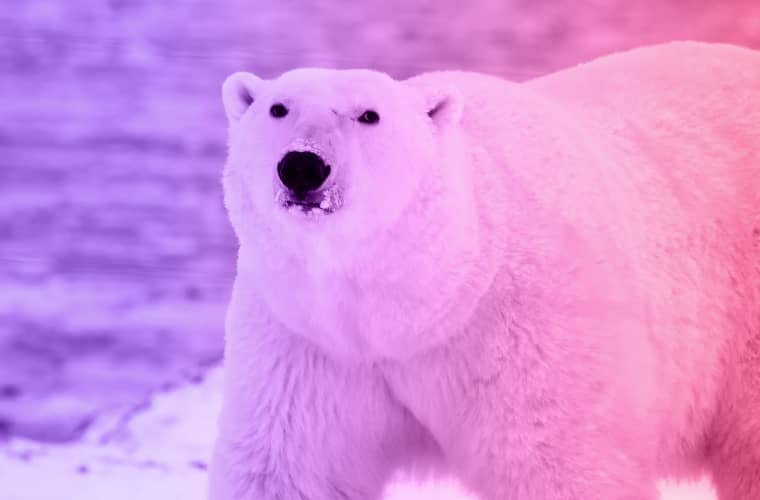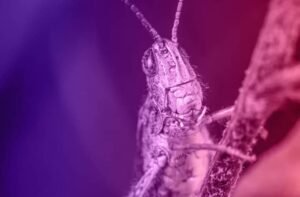The wind howled like a banshee, whipping salty spray against Annika’s weathered face. Her small research hut, perched precariously on the edge of the Arctic ice floe, creaked in protest. Huddled by the window, a steaming mug warming her hands, Annika peered out into the perpetual twilight. The sun, a pale sliver on the horizon, cast long, skeletal shadows across the desolate landscape.
Suddenly, a guttural growl shattered the icy silence. Annika’s heart lurched. It wasn’t the usual cry of a circling Arctic tern. This was a primal sound, heavy with hunger. Grabbing her binoculars, she scanned the horizon. There, a behemoth emerged from the swirling mist: a polar bear, its magnificent white fur stained a sickly yellow with grime. Its ribs protruded like a cage, its gait a labored shuffle.

Annika, a seasoned Arctic researcher, knew the signs. This wasn’t a predator on the hunt, it was a desperate creature, the shrinking ice floes making its usual seal prey scarce. A pang of sympathy stabbed at her. But fear, a primal instinct honed by years of isolation, quickly replaced it. Polar bears, magnificent as they were, were apex predators, and a hungry one was the most dangerous kind.
Trapped in the flimsy hut, Annika frantically inventoried her supplies. Canned food, minimal medical supplies – nothing that could deter a starving bear. Despair threatened to engulf her. Just as she sank to the floor, a memory flickered in her mind. Her grandfather, a seasoned Arctic explorer, had once spoken of a way to ward off bears with fire. But her meager emergency flares wouldn’t last long.
An idea, desperate but potentially life-saving, sparked in her mind. She rummaged through her supplies, gathering alcohol wipes, hand sanitizer, and anything flammable – a tattered book, a half-empty bottle of cooking oil. It wouldn’t be a bonfire, but it might be enough.
The bear lumbered closer, its powerful body dwarfing the research hut. With shaking hands, Annika soaked a rag with the flammable concoction, then ignited it with a lighter click. Stepping back, she held the makeshift torch aloft, a meager offering against the encroaching darkness.
The bear stopped, its massive head swiveling, nostrils flaring. The flickering flame seemed to hold it at bay. Then, with a deafening roar that echoed across the ice, the bear reared up, towering over the hut. Annika braced herself, the flimsy walls no match for its raw power.
But the roar was followed by a whimper, a sound of defeat rather than aggression. The bear lowered its head, sniffing the air tentatively. It seemed to recognize the deterrent, the unfamiliar scent of fire. Slowly, almost reluctantly, it turned and lumbered away, disappearing into the swirling mist.
Annika sagged against the wall, adrenaline draining from her body. Tears streamed down her face, a mixture of relief and terror. As the last embers of her makeshift torch faded, she knew this encounter had changed her. The harsh beauty of the Arctic held not just solitude, but a raw and unexpected connection.
The next morning, the storm had passed, leaving behind a world washed clean and silent. Annika stepped outside, the icy air biting at her lungs. In the distance, a faint polar bear track led away from the research hut. It was a stark reminder of the encounter, a silent pact forged in the face of desperation.
Annika knew her research was important, studying the changing Arctic ecosystem. But now, it held a new purpose. She wouldn’t just be studying the bears, she would be a voice for them, a testament to their plight in a changing world. As the sun rose, casting a golden glow across the endless expanse of ice, Annika knew this was just the beginning of a new story, a story not just of a woman and a hungry polar bear, but of a fragile bond forged in the harshest of environments.




